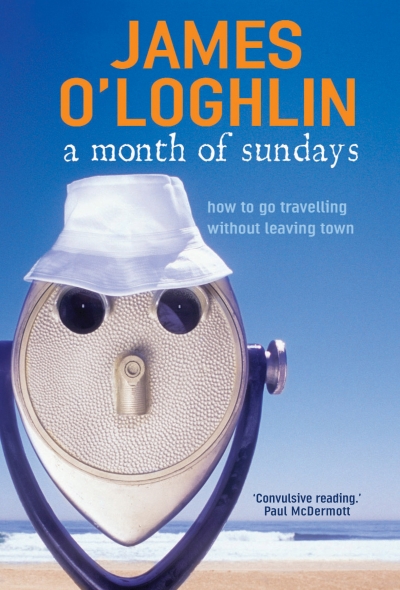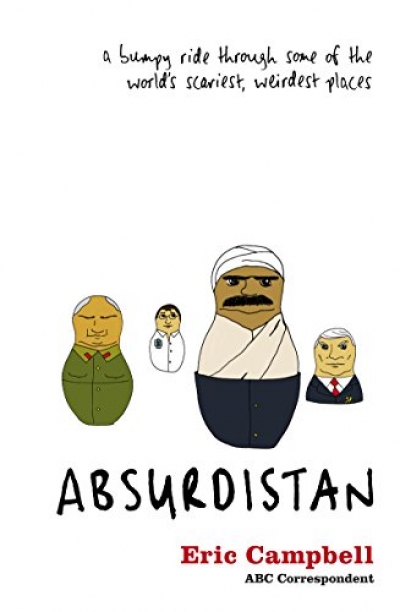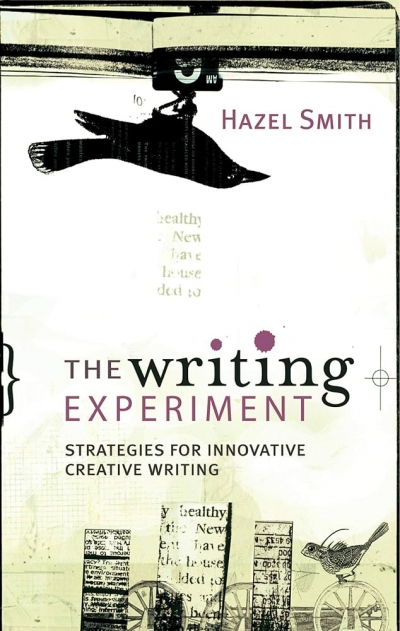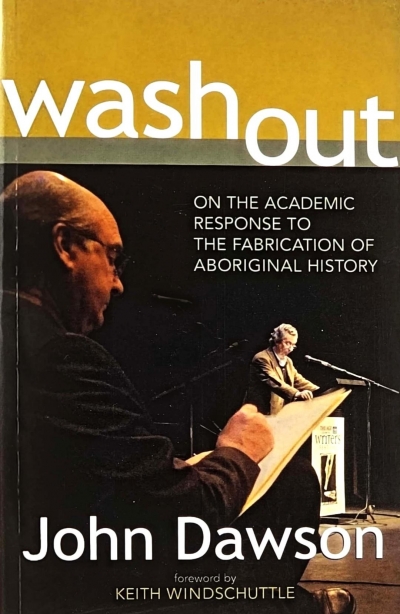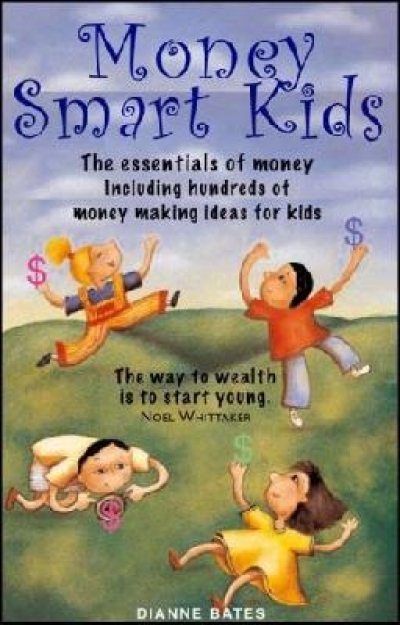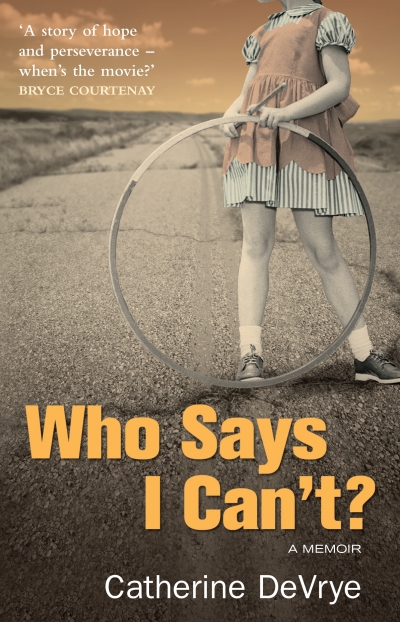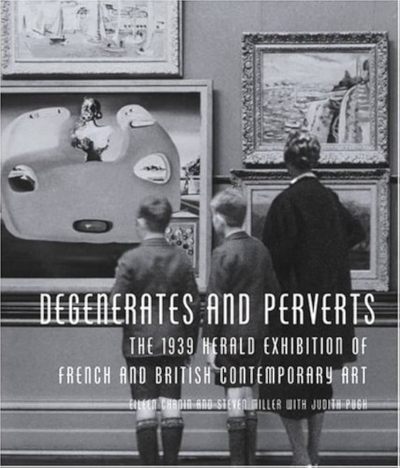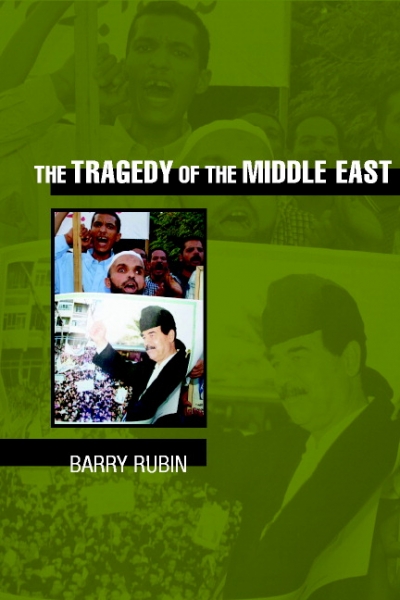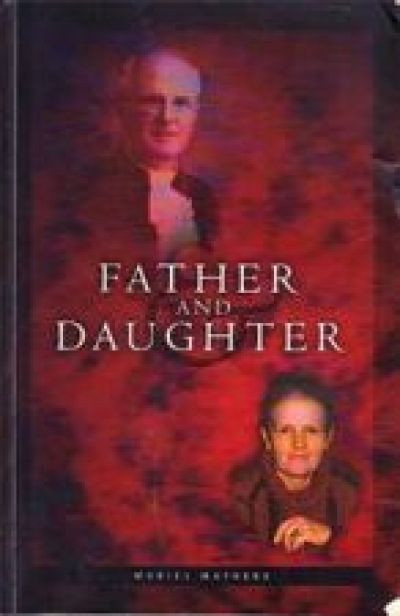Review
Absurdistan: A bumpy ride through some of the world's scariest, weirdest places by Eric Campbell
by Philip Clark •
The Writing Experiment: Strategies for innovative creative writing by Hazel Smith
by Rick Hosking •
Washout: On the academic response to the fabrication of Aboriginal history by John Dawson
by Robert Manne •
Money Smart Kids by Dianne Bates & Hoosh! Camels in Australia by Janeen Brian
by Robyn Sheahan-Bright •
Friendship is an integral part of the human condition. As the picture books reviewed here show, it can take many forms: an inanimate object; something you magically concoct; someone you meet in a shelter for the homeless; the firefighters who save your house; or even a well-loved poem. However, which, if any, of these books will become a child’s lifelong friend will depend not only on the needs and tastes of the individual child but also on how effectively the illustrator and author have combined their talents to present an engaging and meaningful narrative.
... (read more)Degenerates and Perverts: The 1939 herald exhibition of French and British contemporary art by Eileen Chanin and Steven Miller (with Judith Pugh)
by Sarah Thomas •

